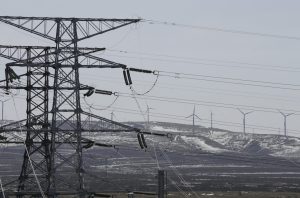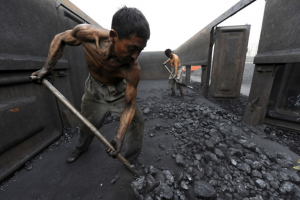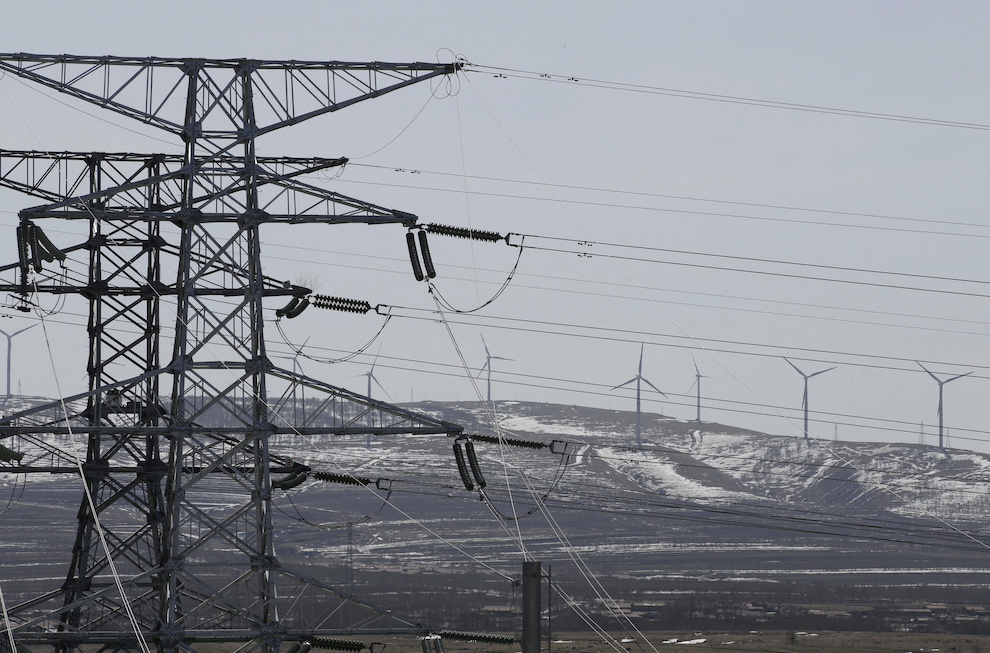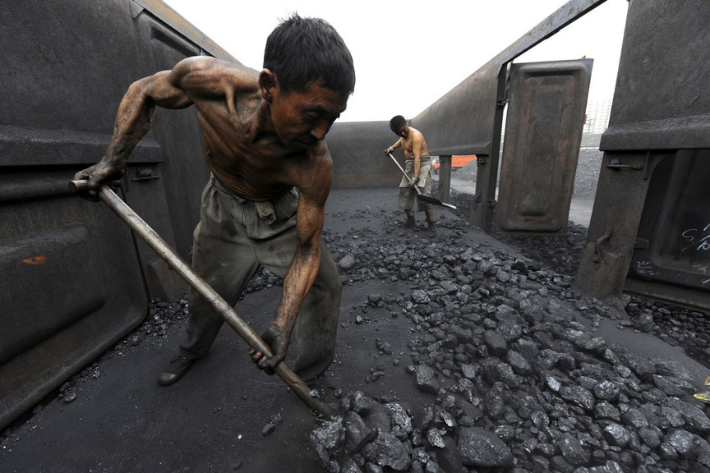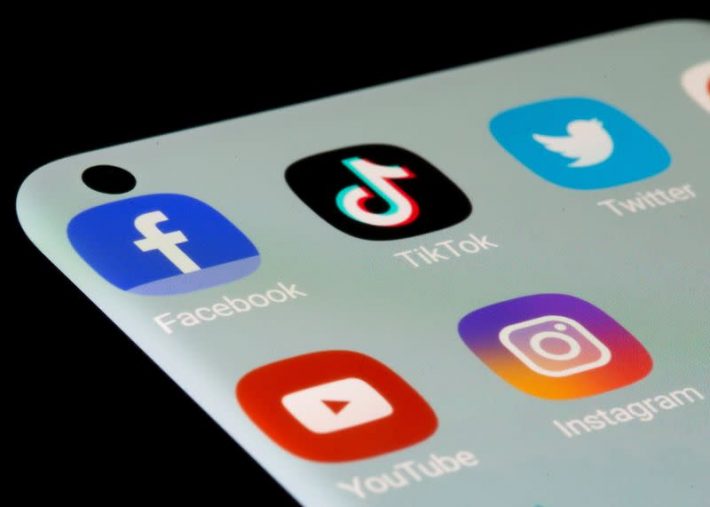Indian Prime Minister Narendra Modi was seen on the weekend laughing, hugging and shaking hands with Chinese President Xi Jinping and Russian President Vladimir Putin, as he joined his Asian counterparts in China for the Shanghai Cooperation Organisation (SCO).
The bonhomie the three displayed was widely seen as a carefully choreographed response to the tariff tirade launched by US President Donald Trump. Trump has imposed tariffs as high as 50% on India over its Russian oil purchases, but not on China, despite them both being the biggest buyers of crude oil from Moscow.
But Modi’s return to a ‘partnership’ with once-bitter rival China could also see him joining Xi and Putin’s long-running push to rewrite the world order in favour of the ‘Global South’ — a message that the Chinese president reiterated on Monday.
Also on AF: India to Overhaul its GST, Slash Levies on Small Cars, Electronics
Xi pressed his vision for a new global security and economic order that prioritises the Global South, in a direct challenge to the United States.
“We must continue to take a clear stand against hegemonism and power politics, and practise true multilateralism,” he said, in a thinly veiled swipe at the United States and President Donald Trump’s tariff policies.
“Global governance has reached a new crossroads,” he added.
Xi’s call for a united Global South is not new. He, along with Putin, has been pushing for united moves to ‘reshape the global order’, especially through their summits of BRICS nations. That push has earned the regional group the ire of Trump as well.
But, more importantly, India’s response to those calls has been fairly muted, considering it has remained at odds with China for years due to deadly skirmishes at their borders and uncertain trade ties. Those tensions meant that Modi has not been to China in seven years, while Xi hasn’t visited India since 2019.
The two leaders last held bilateral talks after over half a decade, in December last year, during the BRICS summit in Russia. Meanwhile, Modi skipped the SCO meeting last year and Xi skipped the summit when it was held in India in 2023.
The economic uncertainty created by Trump tariffs have, however, forced both leaders to reconsider their priorities.
‘Insightful conversations’ and friendships
During the SCO summit, that culminated in an image designed to convey a mood of solidarity, where Putin and Modi were shown holding hands as they walked jovially towards Xi before the summit opened.
The three men stood shoulder-to-shoulder, laughing and surrounded by interpreters.
JUST IN: 🇷🇺🇨🇳🇮🇳 President Putin, PM Modi, and President Xi Jinping seen chatting laughing together at SCO Summit. pic.twitter.com/QNK03ilhwv
— BRICS News (@BRICSinfo) September 1, 2025
“It’s hard to tell if the scene was choreographed or improvised, but it doesn’t really matter,” wrote Eric Olander, editor-in-chief of The China-Global South Project, a research agency.
“If the US president and his acolytes thought they could use tariffs to pressure China, India, or Russia into submission, that (encounter) says otherwise.”
In his opening remarks at the summit, Modi said that the group “has played a very important role in connecting the extended family of the entire Eurasian region”. He also said that India was “opening up new opportunities for development in the country as well as international cooperation.”
“We are constantly working on wide-ranging reforms… I invite all of you to join India’s development journey,” the Indian leader said.
After the summit, Modi shared a ride with Putin in the Russian leader’s armoured Aurus limousine en route to their bilateral meeting.
“Conversations with him are always insightful,” Modi wrote on X.
After the proceedings at the SCO Summit venue, President Putin and I travelled together to the venue of our bilateral meeting. Conversations with him are always insightful. pic.twitter.com/oYZVGDLxtc
— Narendra Modi (@narendramodi) September 1, 2025
At the bilateral meeting, Putin addressed Modi in Russian as “Dear Mr Prime Minister, dear friend.”
Modi also said that “even in the most difficult situations, India and Russia have always walked shoulder to shoulder.” “Our close cooperation is important not only for the people of both countries but also for global peace, stability and prosperity,” he added.
‘Committed’ to better ties
Meanwhile, Xi used the summit as an opportunity to mend ties with Modi and reiterated his call from early this year for “the dragon and the elephant come together.”
“China and India are two ancient civilisations in the East. We are the world’s two most populous countries, and we are also important members of the Global South. We both shoulder the historical responsibility of improving the well-being of our two peoples, promoting the solidarity and rejuvenation of developing countries, and promoting the progress of human society,” Xi said during his meeting with Modi.
“It is the right choice for both countries to be friends who have good neighbourly and amicable ties, partners who enable each other’s success,” he added.
He also said both countries were “each other’s development opportunities” rather than threats.
Modi told Xi his country was committed to improving ties with China and discussed reducing India’s burgeoning bilateral trade deficit of nearly $99.2 billion. Indian Foreign Secretary Vikram Misri said Modi told Xi that growing trade will contribute to a change in perception of China.
Misri said that both leaders agreed that China and India are partners, not rivals. They also recognised that Indian and Chinese economies can stabilise world trade, he said. Misri added that Modi also invited Xi to the 2026 BRICS summit in India.
To a question on the US tariffs, he said that Modi and Xi discussed the international “economic situation” and the challenges it created.
“They tried to … see how to leverage that for building greater understanding between themselves and how to … take forward the economic and commercial relationship between India and China,” he said.
BREAKING: Modi pulls Putin and Xi together, locking hands in a show of unity at China’s SCO summit pic.twitter.com/fTeRy5tSid
— RT (@RT_com) September 1, 2025
Banks, AI and lunar bases
Key to Xi’s push was a proposed Global Governance Initiative (GGI), which he claimed was meant to bring Global South “countries to work in concert for a more just and equitable global governance system.”
He did not set out any concrete measures in that regard, but said the initiative had five core principles: “adhering to sovereign equality, abiding by international rule of law, practising multilateralism, advocating the people-centred approach, and focusing on taking real actions.”
“There should be no double standards, and the house rules of a few countries must not be imposed upon others,” he added, in yet another swipe at the Trump administration.
Xi is pushing for what he described as more inclusive economic globalisation amid the upheaval caused by Trump’s tariff policies, touting the SCO’s “mega-scale market” and economic opportunity.
He also called for the creation of a new SCO development bank, in what would be a major step towards the bloc’s long-held aspiration of developing an alternative payment system that circumvents the US dollar and the power of US sanctions.
Beijing will provide 2 billion yuan ($280 million) of free aid to member states this year and a further 10 billion yuan of loans to an SCO banking consortium.
China will also build an artificial intelligence cooperation centre for SCO nations, which are also invited to participate in China’s lunar research station, Xi added.
‘New system of stability’
Meanwhile, Putin said the SCO had revived “genuine multilateralism,” with national currencies increasingly used in mutual settlements.
“This, in turn, lays the political and socio-economic groundwork for the formation of a new system of stability and security in Eurasia,” the Russian leader said.
“This security system, unlike Eurocentric and Euro-Atlantic models, would genuinely consider the interests of a broad range of countries, be truly balanced, and would not allow one country to ensure its own security at the expense of others.”
- Vishakha Saxena, with Reuters
Also read:
How Trump Lost The Plot On India
India’s Modi ‘Avoiding Trump’s Phone Calls’ As Tariffs Hit: Reports
Putin Seen Seeking More Help From Xi to Curb Russian Trade Fall
Trump’s 50% Tariffs on Indian Imports Hits Jobs, Bilateral Ties
India To Get China Rare Earths As Trump Tariffs Bring Rivals Close
Tax Reforms Boost Indian Markets Even As US ‘Calls Off’ Trade Talks
Trump’s Tariffs Spur Calls to Boycott American Goods in India
India Wants US Ties With Mutual Respect, Says Arms Deals Still On
Trump Ramps Criticism of India: ‘Backing ‘Russian War Machine’
India’s Modi Shows His Preference: a Free-Trade Pact With Britain
India Now the Biggest Source of Smartphone Exports to the US
Trump’s Dealings With Pakistan Has India Slowing Tariff Talks
Can Trump Tariffs Deliver a Significant ‘Moment’ for Asia?












